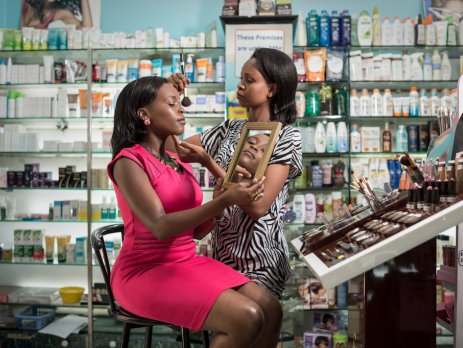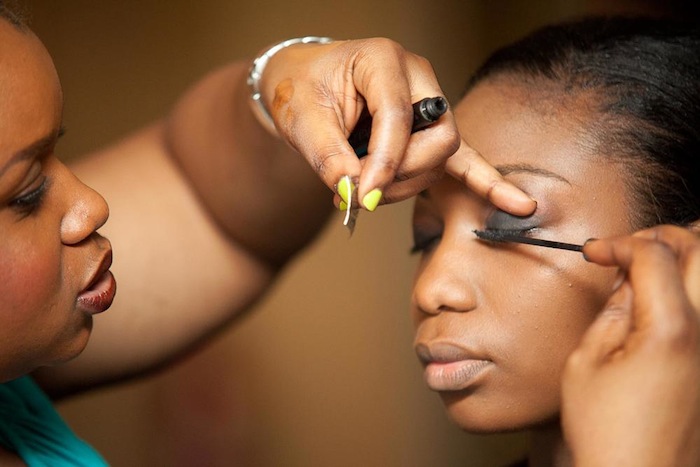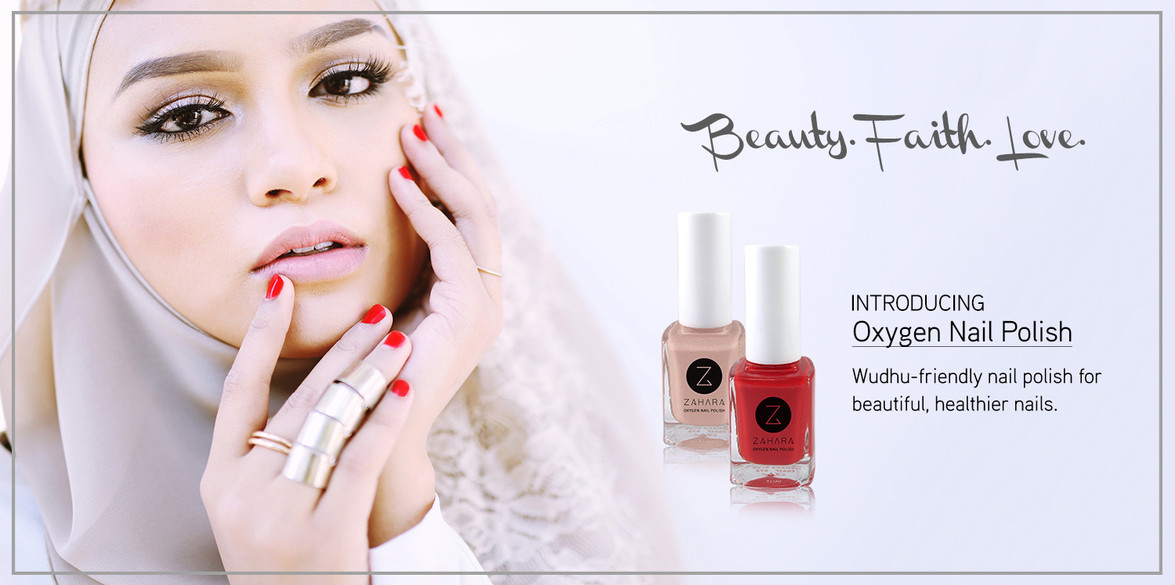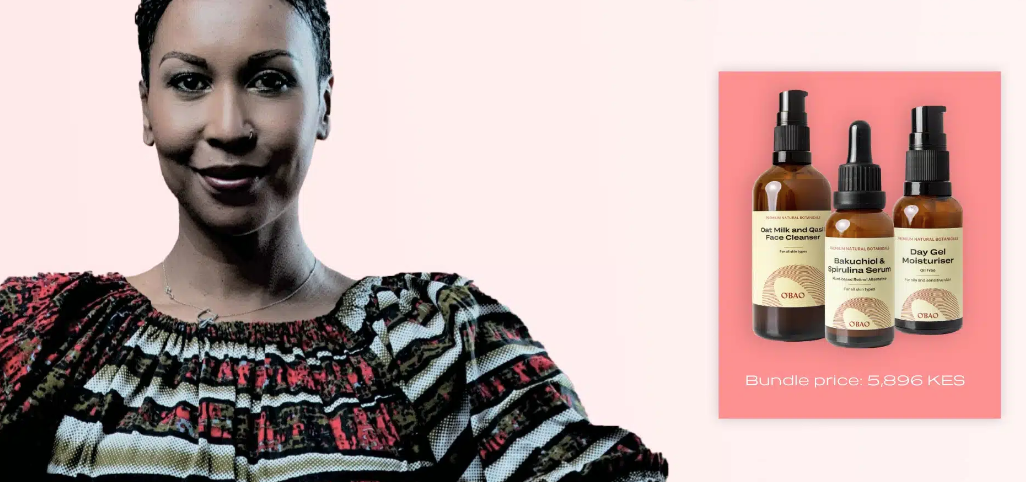The African beauty industry: Cosmetics in big demand in the African market
Major players in the global beauty and cosmetics industry are making the most of the boom projected for the industry in sub-Saharan Africa, a continent seen as the “next frontier” in the sector.
Thanks to a burgeoning population expected to double to 2,4 billion in 2050, rising middle class and amplified urbanization have positioned the region to that status, with the beauty market is expected to double over the next decade.
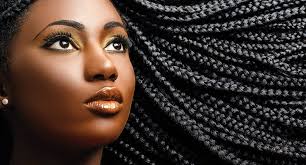 The cosmetics sector in Sub-Saharan Africa is expected to grow over the next two years. Overall, the African beauty and personal care market was estimated at €9.2 billion in 2017 and it currently increases between 8% and 10% per year against a global market growth rate of close to 4%. It is expected to reach €12 billion in 2020 when the continent's total population, the fastest growing in the world, will reach 1.4 billion inhabitants.
The cosmetics sector in Sub-Saharan Africa is expected to grow over the next two years. Overall, the African beauty and personal care market was estimated at €9.2 billion in 2017 and it currently increases between 8% and 10% per year against a global market growth rate of close to 4%. It is expected to reach €12 billion in 2020 when the continent's total population, the fastest growing in the world, will reach 1.4 billion inhabitants.
Africa’s fast-growing personal care and beauty markets are prompting ambitious innovation plans from two of the sector’s giants, Unilever and L’Oreal, both looking to capture the expanding middle classes.
Although growth in the sector is global, Sub-Saharan Africa is marked by significant disparities between the countries in the region and therefore cannot be approached as a single market.
The largest market in the Sub-Saharan region, South Africa, represented over €5 billion in revenue in 2017. The majority of sales in the country are made within structured distribution channels. By comparison, in other countries such as Kenya, only 15% of beauty and personal care products are sold in supermarkets.
In Nigeria, the beauty and personal care market could reach €3.2 billion by 2020 making Nigeria the sector's rising star in Sub-Saharan Africa.
Products for hair and body care are predominant on the beauty market in Sub-Saharan Africa, where face products and make-up remain marginal but have strong potential.
The beauty market is also divided by a demand for both local and international products. African consumers typically expect high quality products that are both reliable and affordable. Furthermore, consumers often alternate between local brands and international ones depending on local life-styles, customs and purchasing power.
The Nigerian Market
The cosmetics and personal care industry globally generates an estimated annual turnover of around US$400 billion.
Over the last 20 years the industry has grown on average 4,5 percent annually.
Sub-Saharan Africa currently accounts for 3 percent of global beauty products sales but that share is expected to grow at double the rate of the market.
Nigeria has emerged as the investment destinations of choice to international firms aiming to capture the beauty and personal care market in the continent.
Research indicates Nigeria’s cosmetics industry is values at $3,4 billion.
Nigeria is also the most populous with over 184 million people.
Her Imports, the United States hair extensions company, has recently expanded to the West African country, where it has set base in Lgos, and plans to enhance its reach before the end of the year.
Its products have been used by and received accolades from celebrity hair stylists for Nicki Minaj, Rihanna, and Kerry Washington.
Patrick Terry, Chief Executive Officer of Her Imports, said the response had been phenomenal from the local markets.
“The decision to open the store in Lagos was data driven. We actually receive more hits on our Her Imports website from Lagos, Africa than we do in Atlanta,” said Terry.
“Her Imports products are performing sensationally in Africa. There are no established providers of high-end hair extensions, so we aren’t seeing any competition. Our lace front closures are performing particularly well with notable fashionista, Linda Ikeji.”
Her Imports projects sales revenue from Africa to reach $10 million by 2018 with a net potential of $100 million for human hair extensions and wig pieces.
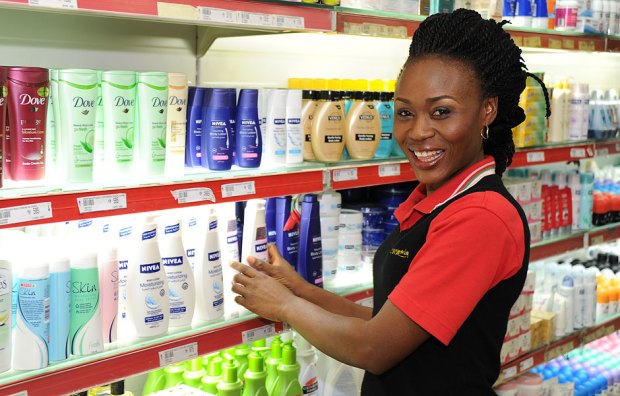 “It is a very large chunk of revenue that many virgin hair providers have been ignoring. We noticed this gap in the market. By simply looking at the numbers it was obvious that Africa is a booming, untapped market,” said Terry.
“It is a very large chunk of revenue that many virgin hair providers have been ignoring. We noticed this gap in the market. By simply looking at the numbers it was obvious that Africa is a booming, untapped market,” said Terry.
In line with the projected growth leases are now secured in Abuja (also in Nigeria), Accra (Ghana) and Johannesburg. These additional locations commenced operations in 2016.
Nairobi (Kenya) and Cairo (Egypt) will follow.
Freda Francis, CEO of Her Imports Africa, said the local market was lucrative.
“African woman are known for their elegance, unique versatility and style. We are thrilled at our recent successes and attribute this success to the care that we take in sourcing our products,” Francis said.




